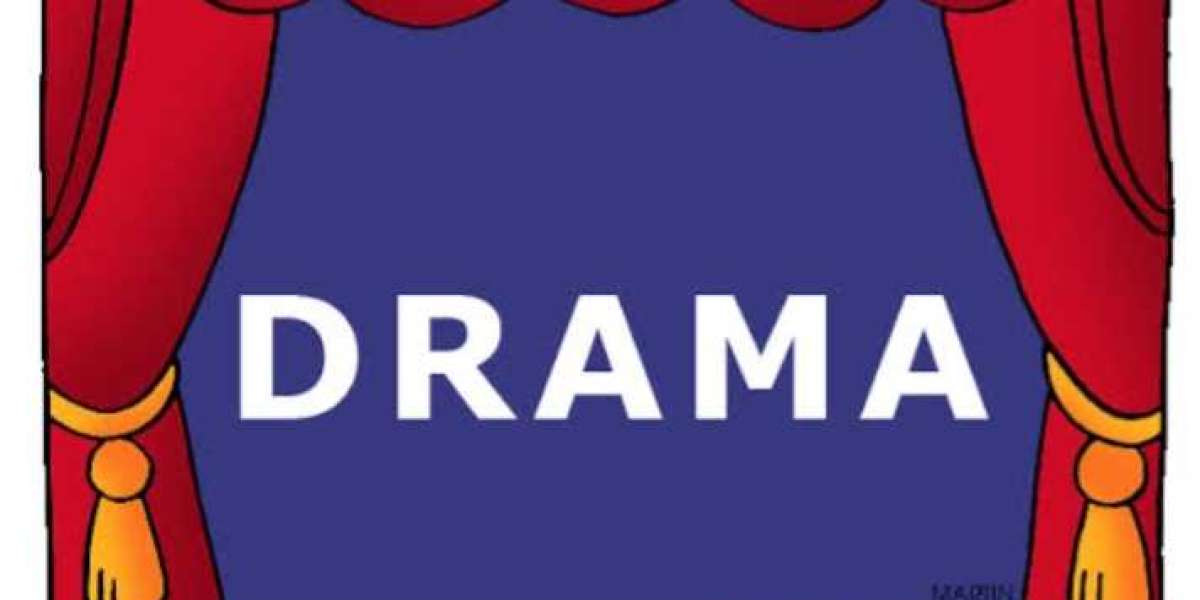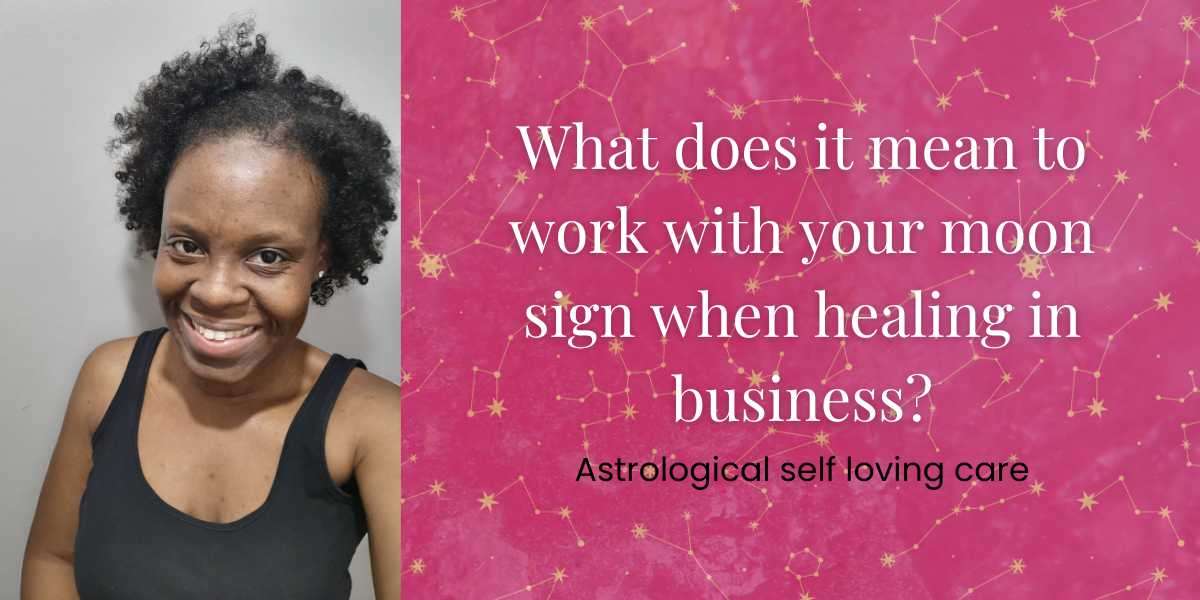Communication is centered on the exchange of information, encompassing channels, participants, and at times, symbols that convey specific meanings. Today, language serves as our most common medium of communication. In literature, however, this language is artistically manipulated to achieve aesthetic impact. That is, we use language to evoke literary effects through devices such as imagery, metaphor, symbolism, and personification. Symbolism, for instance, involves using objects or figures to represent abstract ideas—like a dove symbolizing peace. Personification, on the other hand, assigns human attributes to inanimate objects, such as in the phrase “The tree whispered.” These techniques ignite the imagination of the audience and help reveal deeper meanings beneath the surface.
My inspiration for this reflection is rooted in the Greek concept of rhetoric—the art of persuasive speech. What provokes this discussion today is the disturbing trend of silencing voices, particularly by those in political power. While I usually steer clear of politics, I felt deeply affected when drama students were denied the opportunity to showcase their theatrical creativity. Literature mirrors society, and every literary creation seeks to confront, question, or celebrate events and realities around us. One of the strengths of literature is its ability to address social concerns indirectly—through carefully crafted language rather than direct confrontation. Hence, it is misguided to accuse literary works of targeting individuals when they are clearly meant to critique societal norms and structures. Literature informs, enlightens, and reforms; at its core, it is didactic.
Drama, as a reflection of life on stage, is one of the most effective genres for societal critique. It intersects with other forms—music, film, preaching, and teaching—because these often involve performance. However, what sets drama apart is its emotional intensity, often accompanied by catharsis—a purposeful release of emotion. In many countries, schools and national theatres provide key platforms for staging such performances. Social issues addressed through drama span governance, religion, the economy, cultural identity, and human behavior.
During school drama festivals, a skit about governance should be held in the same regard as one highlighting cultural heritage. Whether addressing female genital mutilation (FGM), gender-based violence, or political mismanagement, these performances are valid reflections of societal issues. Those who feel criticized should use the experience as a moment of reflection rather than trying to silence the performers. It is misguided to accuse young actors of being used manipulatively when they are simply interpreting and reacting to the realities they live with. The distinction must be made between personal interests and the greater good of society.
While radical activism sometimes faces resistance, such as police brutality, literature and drama offer safer, more subtle means of challenging injustice—at least that’s what I believed until recently. A group of actors faced police harassment after performing a skit critiquing poor governance. This act was not only unjust but also a violation of their right to free expression. Leaders must adopt the role of guardians of the people—correcting wrongs and accepting criticism with grace. Sadly, this level of accountability is rare, especially when power and wealth breed pride. Nonetheless, we must prioritize humanity in leadership. People, their voices, and ideas—regardless of status—are crucial to a thriving society.
Political injustice is not just an adult issue; it significantly affects students too. When students engage with topics like corruption, inequality, and police violence through drama, they are not merely acting—they are analyzing and responding to their world. Literature empowers them to question norms and express truths within a safe, structured framework. Through storytelling, students gain confidence, creativity, civic awareness, and a sense of responsibility. Silencing them deprives them of these essential experiences.
Denying students the chance to express themselves—especially on politically sensitive themes—has repercussions beyond the stage. It stifles creativity, hinders critical thinking, and discourages a generation from becoming active, informed citizens. Fear of punishment or censorship can lead to self-censorship, where students avoid important issues entirely. This not only limits their artistic growth but also affects their emotional development and engagement with society. Ultimately, we risk cultivating youth who are indifferent, disengaged, or afraid to speak up.
Artistic freedom is fundamental to democracy, and schools must nurture—not restrict—it. Literature and drama are more than extracurriculars; they are tools for expression, healing, activism, and conversation. Encouraging free expression helps students think critically, speak boldly, and participate meaningfully in society. Educators and policymakers must support platforms that promote fearless storytelling. Whether through theatre productions, writing clubs, or discussion forums, schools must provide environments where young voices are respected and uplifted.
Consider the case of a high school drama club in Kenya that attempted to stage a play on poor governance. The performance was canceled by administrators fearing political backlash, citing that the script’s author wasn’t a certified teacher. However, when shared online, the same script was praised for its insight and courage. This exposes a flawed mindset: drama does not require formal qualifications—only creativity and purpose. Anyone with a voice and a vision can use drama to spotlight social challenges. Conversely, schools that embraced such performances reported increased student confidence, improved writing skills, and greater civic engagement—proving that the benefits far outweigh the perceived risks.
It’s time to transform our classrooms and stages into spaces of empowerment. We must encourage students to explore difficult truths through literature and performance. Teachers can incorporate socially relevant texts into lessons, and school leaders can support initiatives that promote open expression. Parents and communities must also stand behind young creatives, defending their right to share their stories without fear. Because when we give students the freedom to speak—even when their truths are uncomfortable—we are nurturing a future rooted in justice, empathy, and courageous leadership.








